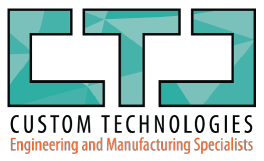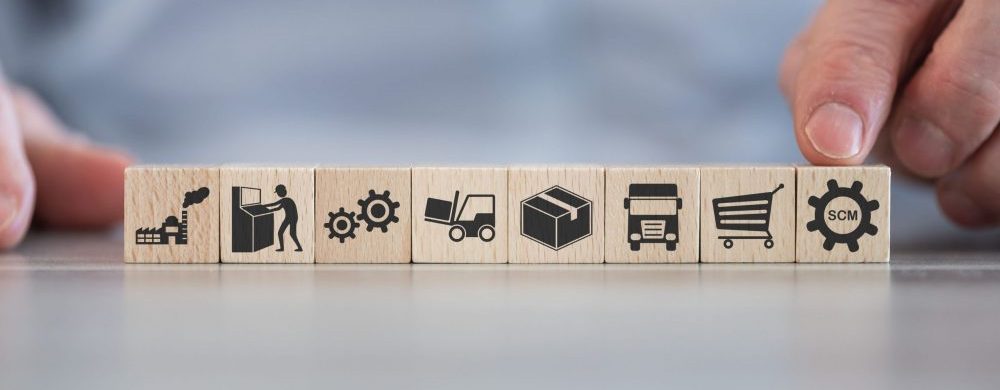The oddest thing happened in Texas back in February – there was a blizzard. According to Choose Energy, this led to “rotating power outages across more than 75 percent of the state.” Over 4 million homes and businesses were left without electricity for days, including manufacturing plants. In fact, the Hickory Daily Record reported that “among those plants were producers of the two chemicals required to make flexible foam used in upholstered furniture” – polyol and toluene diisocyanate (TDI). These chemicals are also used to produce foam for other applications and became incredibly scarce in the U.S. supply chain.
The Foam Shortage Explained
Before the blizzard, Texas foam manufacturers were purchasing polyol and TDI in low quantities, while relying on a consistent supply of the chemicals from railcars or tank trucks. Even though the Midwest offers a few other plants that provide polyol, four of the five plants that make the propylene oxide used in polyol are located in Texas. The only two plants that produce TDI are also in The Lone Star State. Unfortunately, this winter weather arrived without warning, Texas was unprepared, and foam manufacturers had to shut down operations. They were eventually able to reopen, but had to ease their way back in to becoming fully operational once again.
How the Pandemic Played a Role
The COVID-19 pandemic also played a role in the foam fallout of 2021. While everyone was quarantined inside of their homes, they started to buy new furniture at alarming rates. There simply weren’t enough chemicals for the foam manufacturers to keep up with the growing demand. Furniture companies weren’t alone in their quest for foam, however. Custom Technologies also felt the effects of the Texas blizzard and pandemic. We had to pivot and were able to keep one client in particular on track with their product order.
Pivoting Towards Success
One turnkey product we manufacture is a chemical testing kit. The kit includes some sophisticated instrumentation, and we therefore include as part of the kit itself – a custom-shaped foam insert inside of the kit’s box to house each component and keep everything well-protected. During the Texas, crisis we were unable to get the pre-molded foam from our regular provider so we elected to modify the design and laser cut it ourselves using a different, layered type of foam that was indeed available in the supply pipelines. Within three days, we were able to inform our client of the problem at hand and offer our solution to remedy the issue. They actually preferred the new style of layered foam to the original molded one-piece solution. Our customer thanked us for an outstanding job in such a short time period. Without our quick thinking, their shipments would have been delayed until more foam arrived.
Other Supply Chain Issues in 2021
Foam wasn’t the only product affecting the supply chain in early 2021. Here are a few other issues that occurred this past year:
- The Suez Canal was blocked for six days by a ship in March. CNBC reported at the time that “more than $9 billion worth of goods passes through the 120-mile waterway each day, translating to around $400 million per hour.” Over 700 ships were delayed in delivering the goods they were carrying.
- According to Fortune, there aren’t enough semiconductors for vehicles/smartphones and there is a global chip shortage. “The world is in the grips of a global chip shortage because of demand for semiconductors surging far beyond capacity for supply.” Luckily, there are enough resources available to produce semiconductors, but demand remains high.
Moving Forward
As states begin opening back up and the pandemic subsides, there are going to be significant changes in the U.S. supply chain. Manufacturers are already making more of an effort to produce products on their own. That means they’re creating more jobs across the nation and eliminating the risk that comes with relying on partners located overseas. At the same time, however, everyone will always be interested in finding the lowest prices available. The large amount of competition in the manufacturing industry will make sure to satisfy this need for consumers.
Luckily for Custom Technologies, we’ve been prepared for this kind of situation since 1997. Our full-spectrum product engineering and manufacturing firm provides a single U.S.-based source for everything from simple molded parts to complex products and automation machinery. Centrally located in the U.S. Heartland, we work with startups, investors, and established companies as their one-stop product launch solution, and we remain committed to them post-launch as their long-term manufacturing partner.
Want to learn more about the manufacturing services we provide? Visit us online at customtechnologies.com.

